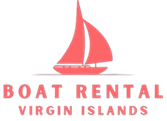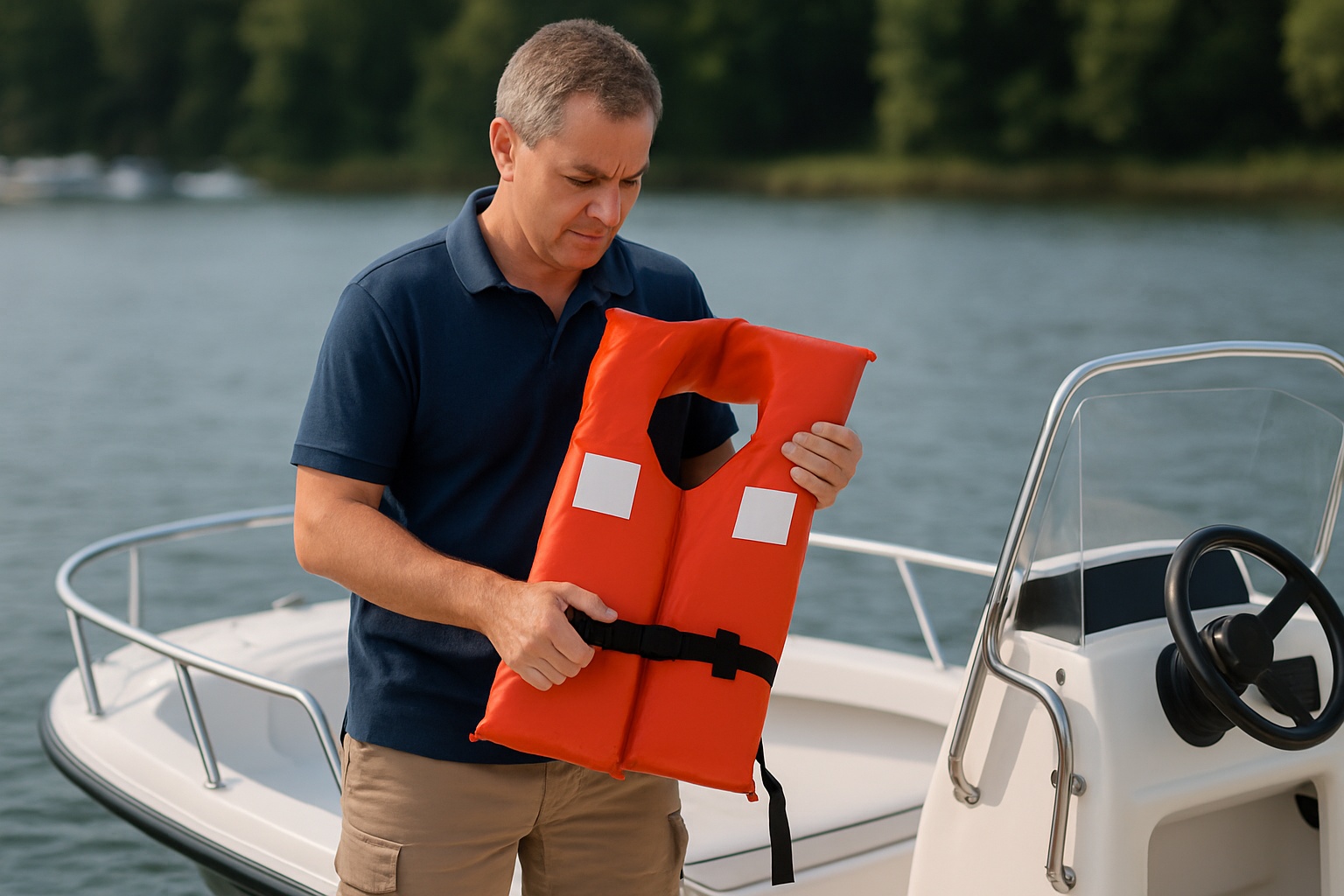Boating is an incredible way to enjoy the outdoors, but safety must always come first. Whether you’re a first-time renter or an experienced skipper, these essential safety tips will help ensure a worry-free adventure.
This can’t be stressed enough—life jackets save lives. Ensure there’s one for every person on board, and wear them at all times, especially if you’re not a strong swimmer or if conditions are rough.
Before heading out, check the weather. High winds, lightning, or heavy rain can make boating dangerous. If bad weather is forecast, reschedule. Calm, sunny conditions are ideal for safe boating.
Never overload the boat. Each vessel has a capacity plate listing the maximum number of passengers and weight. Overloading affects stability and can lead to capsizing, even in calm waters.
If you’re new to boating or renting in a new area, consider taking a short safety course. Many are available online and cover basics like navigation rules, how to respond in emergencies, and proper boat handling.
Boating has its own “rules of the road.” Learn about right-of-way rules, no-wake zones, channel markers, and buoy signals. Understanding these helps avoid accidents and ensures smooth sailing with others on the water.
Before leaving the dock, make sure you have all essential gear on board. A quick checklist should include:
- Life jackets
- Fire extinguisher
- Flares or emergency signaling devices
- First-aid kit
- Fully charged phone or marine radio
Operating a boat under the influence is not only illegal but also dangerous. Alcohol affects your balance, coordination, and judgment — all of which are critical when on the water. Stay alert and responsible.
Tell someone on land where you’re going, who is with you, and when you plan to return. In case something goes wrong or you’re delayed, this step ensures that help can be sent without unnecessary delays.
Speeding on the water can be just as dangerous as on land. Maintain a safe, manageable speed, especially in crowded areas, around swimmers, and within no-wake zones. Slower speeds give you more control and reaction time.
Know how to use any communication tools on board, where emergency supplies are stored, and what to do if someone falls overboard or the engine fails. If you’ve rented with a captain, confirm they are licensed and walk through their emergency protocols with them.
Safety on the water is non-negotiable. With the right precautions and a little preparation, your boat rental experience can be safe, smooth, and enjoyable. Always plan ahead, respect the water, and prioritize the well-being of everyone on board.

